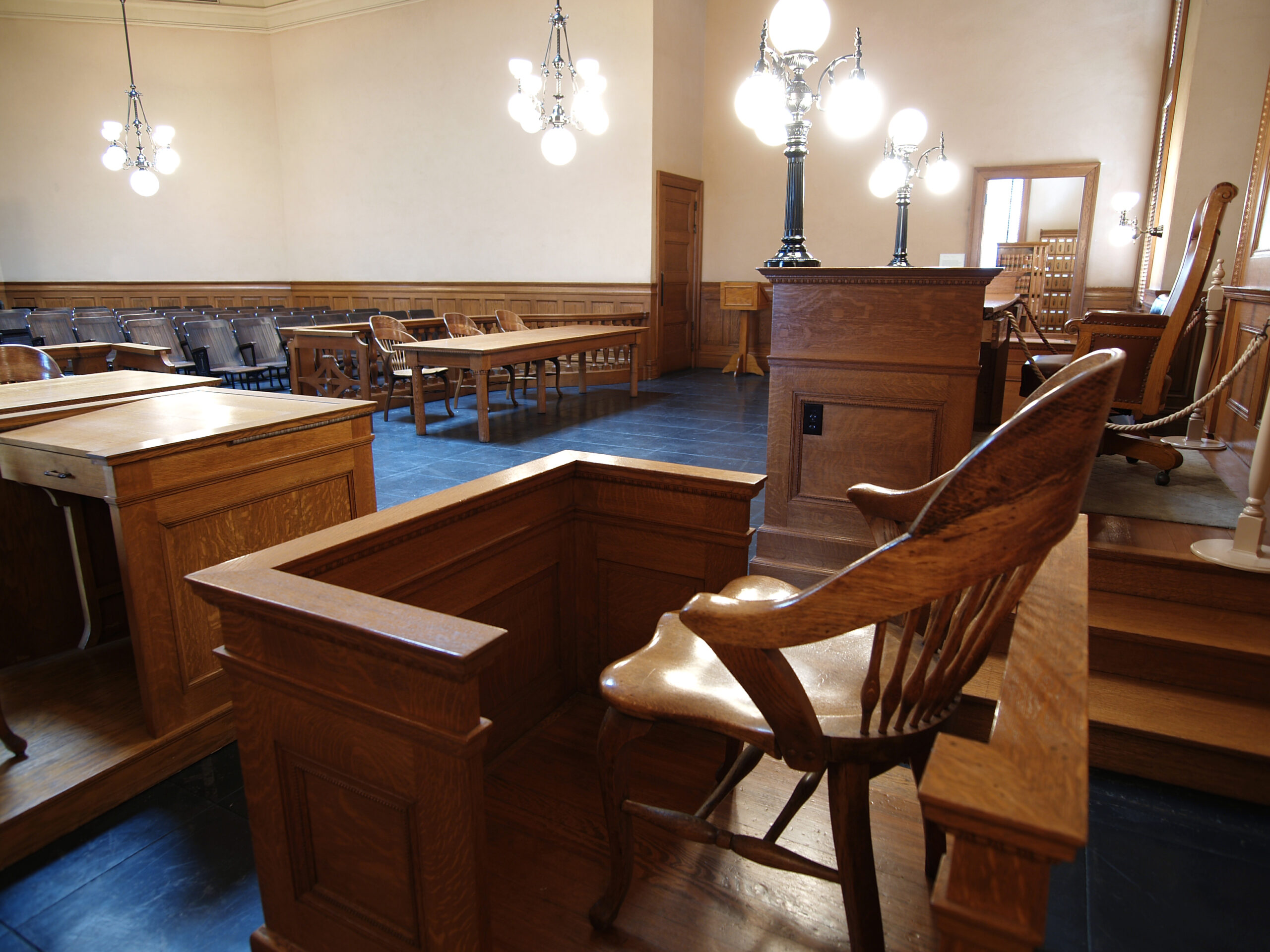Courtroom Identifications: Unreliable and Suggestive
07.14.17 By Innocence Staff
In an article on Thursday, The Marshall Project delved into the practice of courtroom identifications, when the prosecutor in a criminal trial has the witness point out the perpetrator in court to great dramatic effect.
For the past five years, the Innocence Project has worked to limit the use of in-court identifications, warning that the practice is unreliable, since the witness will doubtlessly point to the person being prosecuted, and highly suggestive, since jurors often interpret the identification as irrefutable evidence of the defendant’s guilt.
“It’s injecting a whole lot of prejudice because jurors find it incredibly powerful,” Innocence Project Senior Staff Attorney Karen Newirth told the Marshall Project.
Of the 350 DNA exonerations to date, 71 percent involved eyewitness misidentification. Of that 71 percent, more than half involved an incorrect in-court identification.
Massachusetts and Connecticut have already limited the practice to cases in which witnesses have previously identified the perpetrator in a lineup or the identity of the perpetrator is not contested. A case before the Colorado Supreme Court might cause the state to follow suit.
Read the Marshall Project article here.
Learn more about eyewitness misidentification
Leave a Reply
Thank you for visiting us. You can learn more about how we consider cases here. Please avoid sharing any personal information in the comments below and join us in making this a hate-speech free and safe space for everyone.
May 15, 2019 at 10:00 pm

I believe my daughter was a Victim of a Showup she was involved in Road rage and by accusers who threatened her life and then accused her of pointing gun at them by license plate they came to my home she was never in line up photo array to accusers she has no record we saw Police car pass our house slowly and come back. How else could she be identified.